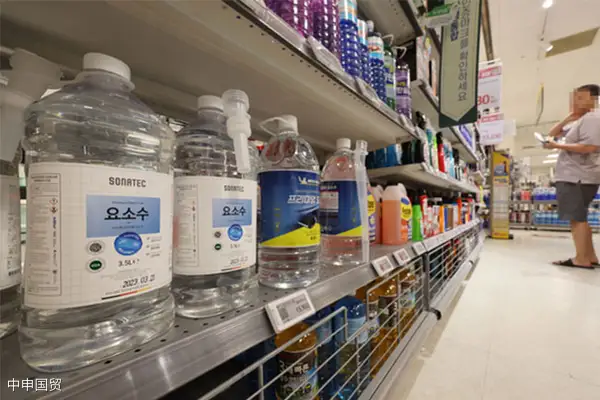- Shanghai Zhongshen International Trade Co., Ltd. - Two decades of trade agency expertise.
- Service Hotline: 139 1787 2118
On June 18, 2024, the Ministry of Trade, Industry and Energy of South Korea released the latest data showing that in the first five months of this year, the quantity of urea imported by South Korea from China accounted for only 13% of its total urea imports, a significant decline. This marks a drastic change in South Koreas urea import pattern since China began to restrict urea exports in November last year.
China Restricts Urea Exports, South Korea Actively Seeks New Supply Channels
Since China began to restrict urea exports in November last year on the grounds of unstable domestic supply, the South Korean government and enterprises have taken rapid action to actively explore new sources of urea imports. According to the latest data, in the first five months of this year, Vietnam became the largest supplier of industrial urea to South Korea, accounting for 62.5% of South Koreas total urea imports. China followed with a 13% share, Qatar with 11.6%, Indonesia with 3.6%, and Saudi Arabia with 2.1%.

Obvious Changes in Urea Import Structure
The data shows that the proportion of Chinese urea in South Koreas total imports has undergone significant changes: 83.4% in 2021, 71.7% in 2022, and rising to 88.1% in 2023. However, in the first five months of this year, this proportion dropped sharply to 13%. In contrast, the proportion of Vietnamese urea imports increased sharply from less than 10% to 62.5%. This change reflects that South Korea has successfully diversified its urea import sources in response to Chinas export restrictions.
The South Korean government and enterprises not only seek to make up for the supply gap by exploring new markets, but also adopt a number of measures to ensure the stable supply of urea. The government provides freight subsidies to enterprises that expand urea import channels and increases the urea reserve to guarantee the stable supply for industrial production and agricultural needs.
The Government Supports Domestic Production and Establishes a Huge Fund
In order to fundamentally solve the urea supply problem, the South Korean government is considering establishing a fund worth 5 trillion won (about 26.3 billion yuan) to support domestic urea producers. The purpose of this fund is to increase domestic urea production capacity, reduce dependence on imported urea, and thus enhance the countrys self - supply capacity in key industrial raw materials.
With the adjustment of South Koreas urea import pattern, the focus in the future will be to further consolidate new supply channels while enhancing domestic production capacity. The governments 5 - trillion - won fund plan will provide important support to domestic producers, helping them improve their technical level and production capacity, thereby reducing their dependence on imported urea.
In addition, South Korea also needs to continue to strengthen cooperation with international suppliers to ensure the diversification and stability of the supply chain. In the context of globalization, by strengthening international cooperation and enhancing self - production capacity, South Korea can better respond to changes in the external environment and ensure the smooth operation of the national economy.
Related Recommendations
Contact Form
? 2025. All Rights Reserved. 滬ICP備2023007705號-2  PSB Record: Shanghai No.31011502009912
PSB Record: Shanghai No.31011502009912









